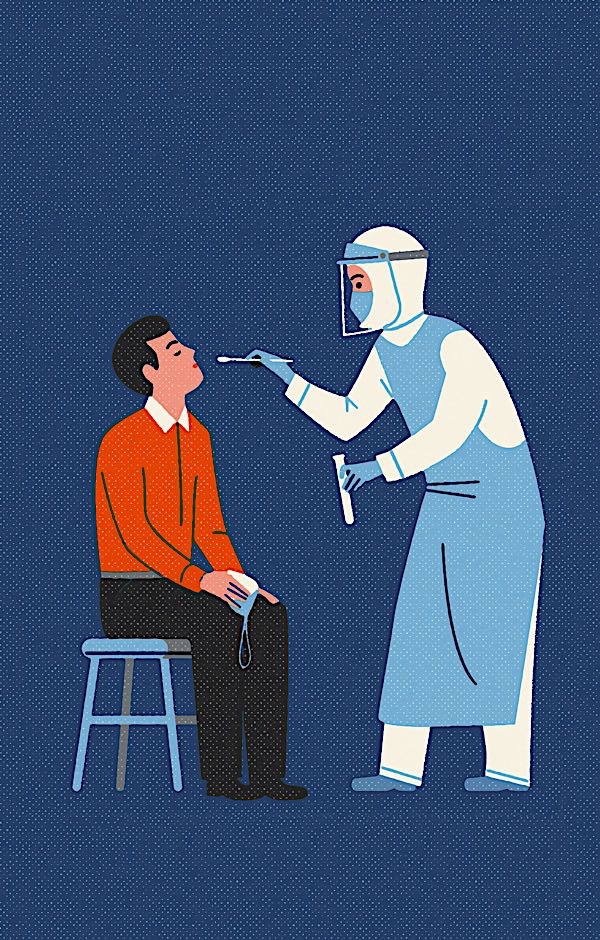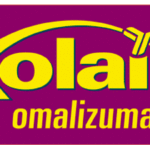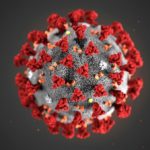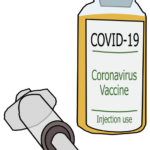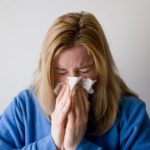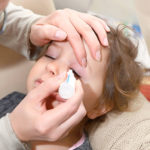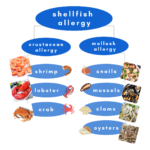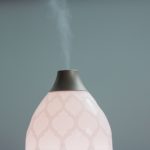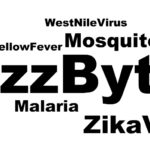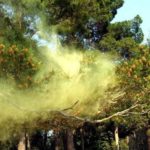Taking the Pain Out of Coronavirus Testing (PCR Test)
by Marc Goldstein, MD, Board-Certified Doctor at The Asthma Center
For those suspected of having COVID-19, a potentially painful nasopharyngeal swab collection (PCR assay for genetic viral material) is usually done to confirm the presence of the SARS-CoV2 coronavirus in the upper respiratory tract. This type of coronavirus test can be less painful with careful planning and proper pre-medication before getting tested.
How Does Coronavirus Testing (PCR Swab) Work?
The testing procedure itself uses a swab covered with an absorbent material that is pushed through the nose about 3 inches to the back of the throat. The swab is then twirled around for about 15 seconds and then withdraw. A helpful video about how to use the swab technique for coronavirus testing is published by the New England Journal of Medicine available here
Since the nose is not used to having any object placed inside, most people find this to be psychologically unnerving and physically a very uncomfortable process. In fact, if you do not experience some level of discomfort during the procedure, the test probably was not done correctly leading to unreliable results.
Is Coronavirus Testing (PCR) Painful?
Several different sensations can be experienced during PCR testing for coronavirus. People have reported transient pain, deep burning inside the nose, gagging when the back of the throat is touched, sneezing, coughing and tearing due to the triggering of a nasal lacrimal reflex. If you happen to have a significant septal deviation or have blocked nasal passages due to allergies, cold-like symptoms and or nasal polyps, it may be particularly challenging to pass the nasal swab to the back of the throat.
How Can I Make Coronavirus Test (PRC) Less Pain in My Nose?
One technique that may make the process easier is to simply apply an over the counter nasal decongestant (0.05% oxymetazoline, brand name Afrin) inside the nose 30 to 60 minutes prior to the procedure. One drop to each nostril applied while lying down is usually enough to decongest the nose so that when the swab is passed, the nasal airway is maximally opened. This can prevent the swab pushing up against the walls of the nasal passageway causing pain and sometimes bleeding. By the time the swab is collected and the coronavirus test is performed, there is very little residual oxymetazoline left in the airway to affect the viability of the virus or have an effect on the assay. In addition, sneezing, coughing and tearing may be prevented or lessened with taking an antihistamine 30-60 minutes before the test.
Making the process of collecting nasal secretions via a nasopharyngeal swab easier for the patient may increase testing acceptability and allow for better quality specimens for testing.
Telemedicine For Patients
The Asthma Center is available to provide the care you need during the coronavirus outbreak. While our offices are still open for in-person visits, our board-certified allergy and asthma doctors will also be available for telemedicine appointments for patients. Please learn more here or by calling The Asthma Center at 215-569-1111 (in Pennsylvania) or 856-316-0300 (in New Jersey).
The information contained in this article is the sole property of The Asthma Center and may not be repurposed for other use without permission from The Asthma Center.
Recent
Popular

